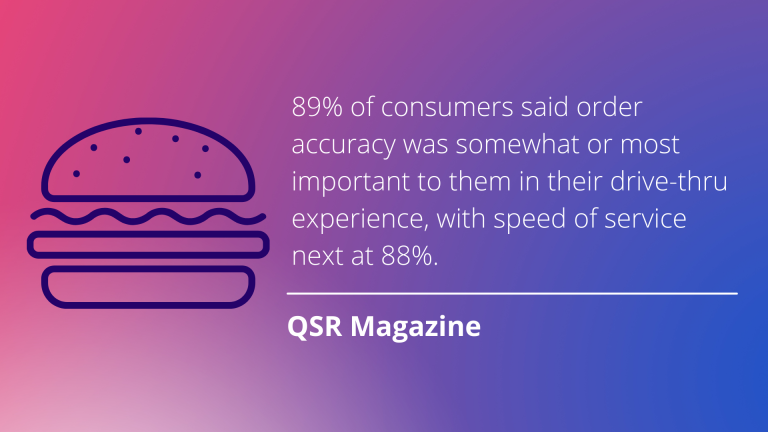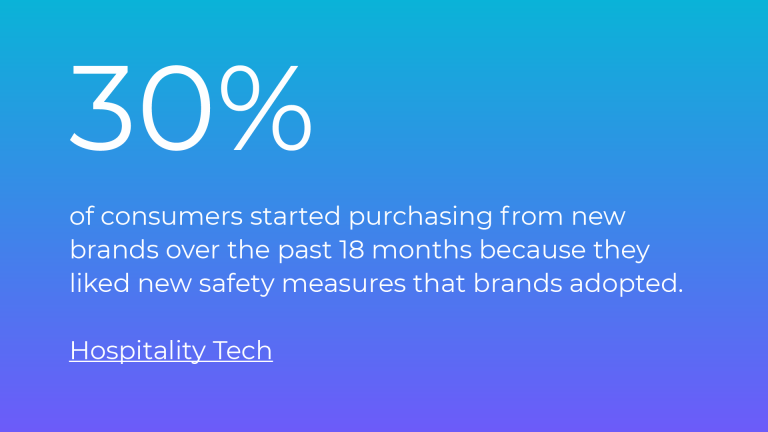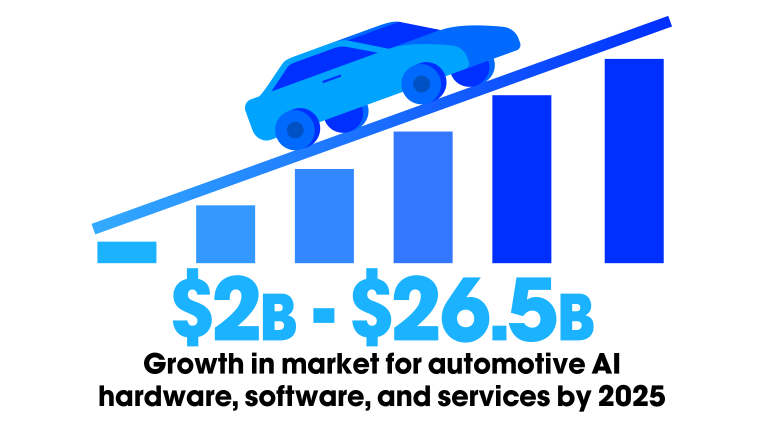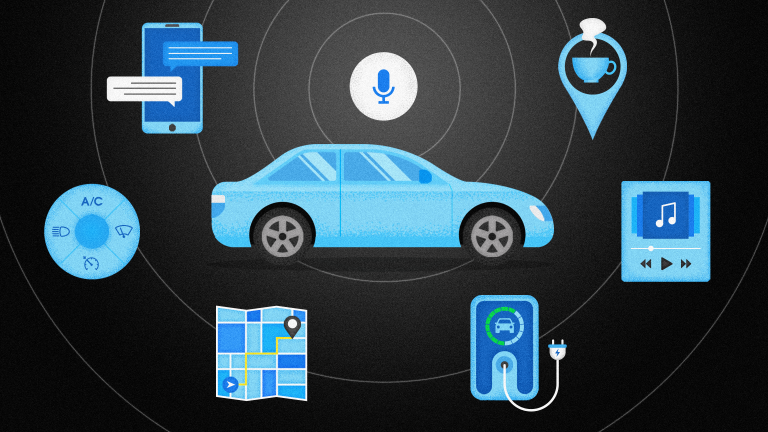Virtual concierge
A voice assistant can improve on a variety of tasks that guests would otherwise have to call down to the front desk or head downstairs to talk to the concierge to achieve. For example, a voice assistant can manage wake-up calls, requests for more towels or blankets, reserve a table at the hotel restaurant, provide local information, order in-room dining, handle maintenance requests, and some can even perform guest checkouts. They essentially become an always-available, virtual concierge with decreased wait times and increased accessibility. By recording the request through a voice assistant, guests can also be reassured that their ask has been heard and will be attended to, further improving the customer experience.
Another benefit of in-room voice assistants is decreasing language barriers. When using a voice assistant compatible with different languages, the guest can feel more comfortable speaking in their native language and knowing that their requests are being heard and understood.
In addition, voice assistant kiosks can be set up near the front desk for easy check-ins and checkouts—reducing long lines and wait times. According to hospitality leaders in the Opus Research Survey, 91% of hotels offer the voice-enabled in-room control of smart devices, lights, and appliances and 78% have implemented voice-enabled kiosks. These voice AI innovations help streamline guest experiences, improve Net Promoter Scores, and generate positive online reviews, according to the executives.
The business value of booking voice technology
From touchless rooms and personalized stays to virtual concierges, the guest benefits of voice assistants are abundant. But the returns on voice AI investments don’t stop there. According to the Opus Research Survey, hospitality leaders identified the 5 greatest measures of a voice assistant’s business value as:
- Convenience and speed for users
- Controlling brand identity and UX
- Operational efficiencies
- Improved customer support
- Increased customer loyalty
Houndify Hospitality Infographic
Decreased operational costs
By having the voice assistant manage requests for more towels and blankets, check-ins and checkouts, reservations, in-room dining, and local information, hoteliers are able to reduce operational costs. Staff can focus on more important tasks, receive clear instruction on what the guest needs, and optimize workflows. According to Hospitality Net, 30% of all service requests at voice-enabled hotels are being made through the in-room voice assistants, which then efficiently communicates to housekeeping, operations, and maintenance, improving customer experiences.










